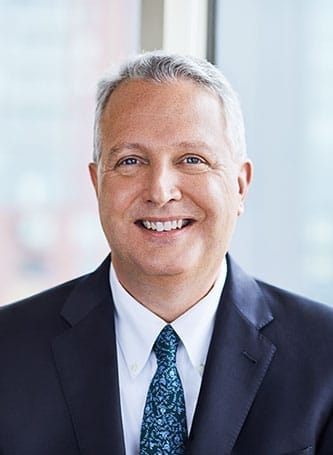On July 30, the Massachusetts Supreme Judicial Court (“SJC”) issued an important decision in a Ponzi scheme captioned Go-Best Assets Limited v. Citizens Bank of Massachusetts, 463 Mass. 50 (2012).
The case involved a now-disbarred Massachusetts attorney named Morris Goldings, who stole about $5 million that the plaintiff, Go-Best, had wired into Goldings’s “client account” at Citizens Bank of Massachusetts (“Citizens”). Interestingly, Go-Best did not have an attorney-client relationship with Goldings. Rather, Go-Best loaned the money to Goldings so he could allegedly purchase shares of stock in Starwood Hotels and Resorts, Inc. Goldings was to repay the funds, with interest, plus some portion of any profit made on the investment. After Goldings absconded with the funds, Go-Best brought suit against Citizens, contending, among other things, that the bank should have discovered and prevented Goldings’s embezzlement.
In its decision, the SJC reaffirmed the long-standing, basic rule that a bank does not owe a duty of care to non-customers. More particularly, the SJC held that “[a] bank generally does not have a duty to investigate or inquire into the withdrawal of deposited funds by a person authorized to draw on the account to ensure that the funds are not being misappropriated.” The SJC noted that such a duty arises only “where a bank has actual knowledge of an intended or apparent misappropriation of funds and its failure to act would constitute participation or acquiescence in the misappropriation.”
Because plaintiff Go-Best neither made any specific allegation nor submitted any evidence that would support an inference that Citizens Bank actually knew of Goldings’s scheme to defraud Go-Best of its $5 million, the SJC affirmed the trial court’s decision dismissing Go-Best’s claims against Citizens.
In so ruling, the SJC also overturned a troubling 2011 decision by the Commonwealth’s intermediate appellate court that had re-instituted Go-Best’s claims against Citizens for negligence and “aiding and abetting.” Over the past 14 months, plaintiff-side attorneys have cited that intermediate appellate decision in an effort to impose upon banks an expansive new duty of care to non-customers. We at Fitch Law Partners LLP believe that the SJC’s decision, with its emphasis on a bank’s actual knowledge, should halt that effort.
